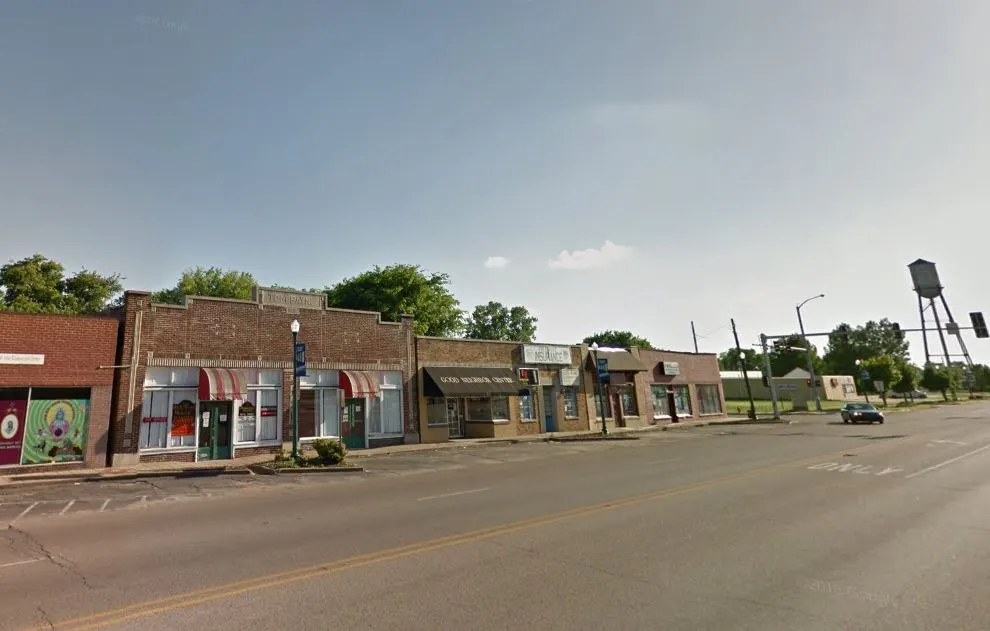Arkansas, the Natural State, has a lot to offer: beautiful scenery, rich history, and Southern hospitality are all strong draws. However, certain areas of the state face challenges that make them less desirable places to live. This article will examine five of the worst places to live in Arkansas, based on factors such as crime rates, poverty levels, unemployment, and quality of education.
Methodology
To determine the worst places to live in Arkansas, the following factors were considered:
- Crime Rates: Data from the FBI’s Uniform Crime Reporting (UCR) program and local law enforcement agencies was used to analyze both violent crime and property crime rates.
- Poverty Levels: Information from the United States Census Bureau on poverty rates and median household income.
- Unemployment Rates: Data from the Bureau of Labor Statistics on unemployment rates was reviewed.
- Quality of Education: School performance data from the Arkansas Department of Education and rankings by organizations such as GreatSchools were analyzed.
The 5 Worst Places
Please note: It is crucial to understand that even in cities facing hardships, there are good neighborhoods, dedicated residents, and ongoing revitalization efforts.
1. Pine Bluff, Arkansas
- High Crime Rates: Pine Bluff consistently experiences crime rates well above the national average. This includes high rates of both violent and property crime.
- Poverty and Unemployment: The poverty rate in Pine Bluff is significantly higher than the state and national averages. Unemployment rates also tend to be elevated.
- Struggling Education System: Many schools in Pine Bluff are underfunded and underperforming, leading to lower educational outcomes for students.
2. West Memphis, Arkansas
- Violent Crime: West Memphis struggles with high rates of violent crimes like assault, robbery, and even homicide.
- Economic Challenges: The poverty rate in West Memphis is elevated, and a portion of the population deals with limited economic opportunities.
- Educational Concerns: Some schools in West Memphis face challenges in terms of resources, standardized test scores, and graduation rates.
3. Helena-West Helena, Arkansas
- Extreme Poverty: Helena-West Helena has exceptionally high poverty rates, impacting a large percentage of its residents.
- Lack of Economic Opportunity: Unemployment rates remain high, and there are limited job prospects for many residents.
- Educational Disparities: Schools in Helena-West Helena have historically faced significant challenges and score poorly in overall performance metrics.
4. Blytheville, Arkansas
- Elevated Crime Levels: Blytheville’s crime rates, particularly property crime, are notably higher than both state and national averages.
- Socio-Economic Hardship: Poverty rates are above-average in Blytheville, and a portion of the population grapples with economic hardship.
- Lackluster Education: Some schools in Blytheville exhibit below-average academic performance, which can limit opportunities for students.
5. Forrest City, Arkansas
- Crime Concerns: Forrest City experiences higher levels of both violent and property crimes compared to the national average.
- Economic Limitations: The poverty rate in Forrest City is higher than state averages, and there can be limited work prospects for some residents.
- Education Needs: Improvements are needed in Forrest City’s school system, with some schools showing lower-than-average performance.
Important Considerations
- It’s Not All Bad: Even cities mentioned here have positive aspects. These could include affordable housing, tight-knit communities, natural beauty, or pockets of revitalization. It’s essential to look at a place holistically.
- Subjectivity: What makes a place “bad” is subjective. One person might dislike a rural setting whereas another thrives in it. Personal values and priorities play a huge role in determining what makes a place livable.
- Change Happens: The statistics in this article represent snapshots in time. Cities can improve! Efforts to reduce crime, revitalize economies, and improve education are happening all over Arkansas.
Sources
Here are some of the reliable data sources used to compile this information:
- FBI Uniform Crime Reporting Program: (https://ucr.fbi.gov/)
- United States Census Bureau: (https://www.census.gov/)
- Bureau of Labor Statistics: (https://www.bls.gov/)
- Arkansas Department of Education: ([invalid URL removed])
- GreatSchools: (https://www.greatschools.org/)
- Local News Outlets: News sources from respective cities provide insights into ongoing issues and improvement efforts.
Conclusion
Choosing where to live is a significant decision. Understanding the challenges a particular city faces is vital for making informed choices. Factors like crime rates, economic well-being, and educational quality have a huge impact on life in a community.
While this article highlights some of the worst places to live in Arkansas, it’s crucial to do individual research. Consider your priorities, visit potential places, and remember even the most challenged cities can have redeeming qualities.



